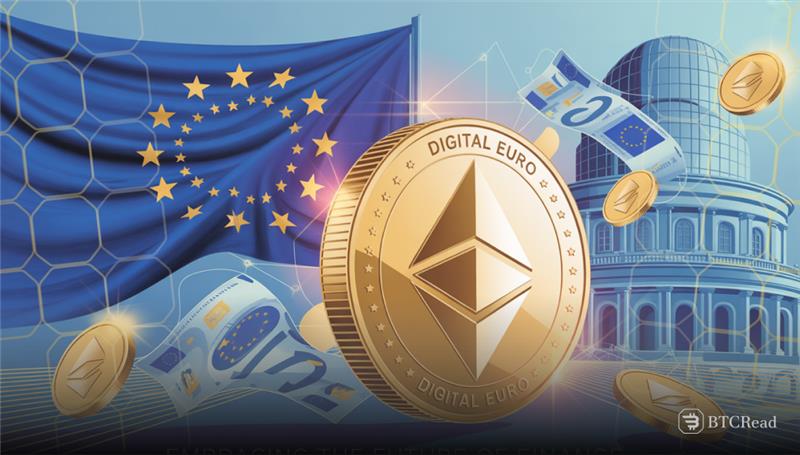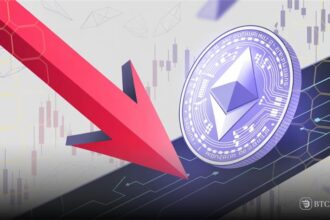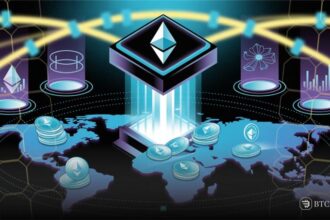The European Union has begun to consider whether the Solana and Ethereum blockchains will accommodate its long-awaited digital euro initiatives.
European Central Bank officials consider whether a digital version of the euro can function over public networks and maintain stability between systems.
Government officials are of the opinion that Solana or Ethereum can facilitate transparency, access, and security by means of private blockchain restrictions.
Brussels officials believe an independent blockchain-driven digital euro can boost sovereignty from the digital currencies by foreign powers.
They compare such private systems to China’s centralized central bank digital currency and fear centralization with limited financial transparency.
Policymakers consider Ethereum for financial independence
Public blockchains provide equal access, so developers and citizens can construct apps without the need for permission from closed infrastructure.
High-level European officials are aware that United States firms are the leaders in stablecoin development and control almost the entire global market share.
Executive board member Piero Cipollone also pointed to the dollar-dominated stablecoins’ over-reliance and demanded immediate action to protect European financial sovereignty.
He explained that a European digital currency can reduce stablecoin use, which threatens the euro’s monetary dominance.
If the European Union chooses public networks, then its approach might be closer to the strategies of the private American innovators than the Chinese strategy.
Analyst Juan Ignacio Ibañez believes public deployment can improve interoperability with blockchain projects already thriving in global markets.
Ethereum or Solana Foundation shapes Europe’s future
Ibañez also pointed out that such interconnection might accelerate innovations and further enable governments to exert control over the development of blockchain governance structures.
A digital money issued by an Ethereum or Solana foundation might thus find equilibrium, which balances the freedom of developers and the regulator’s control.
Regardless of the growing interest, the European Central Bank has not come forward and disclosed if the foundation of the system will be Solana or Ethereum.
Governing Council seeks to finish by the end of the year 2025, deciding Europe’s digital finance destiny for generations to come.
Policy makers, economists, and blockchain experts are debating the advantages and drawbacks of public blockchain implementations.
The outcome will determine if Europe develops innovative digital money or falls behind its competitors in crafting the future of the financial system through decisive steps.







